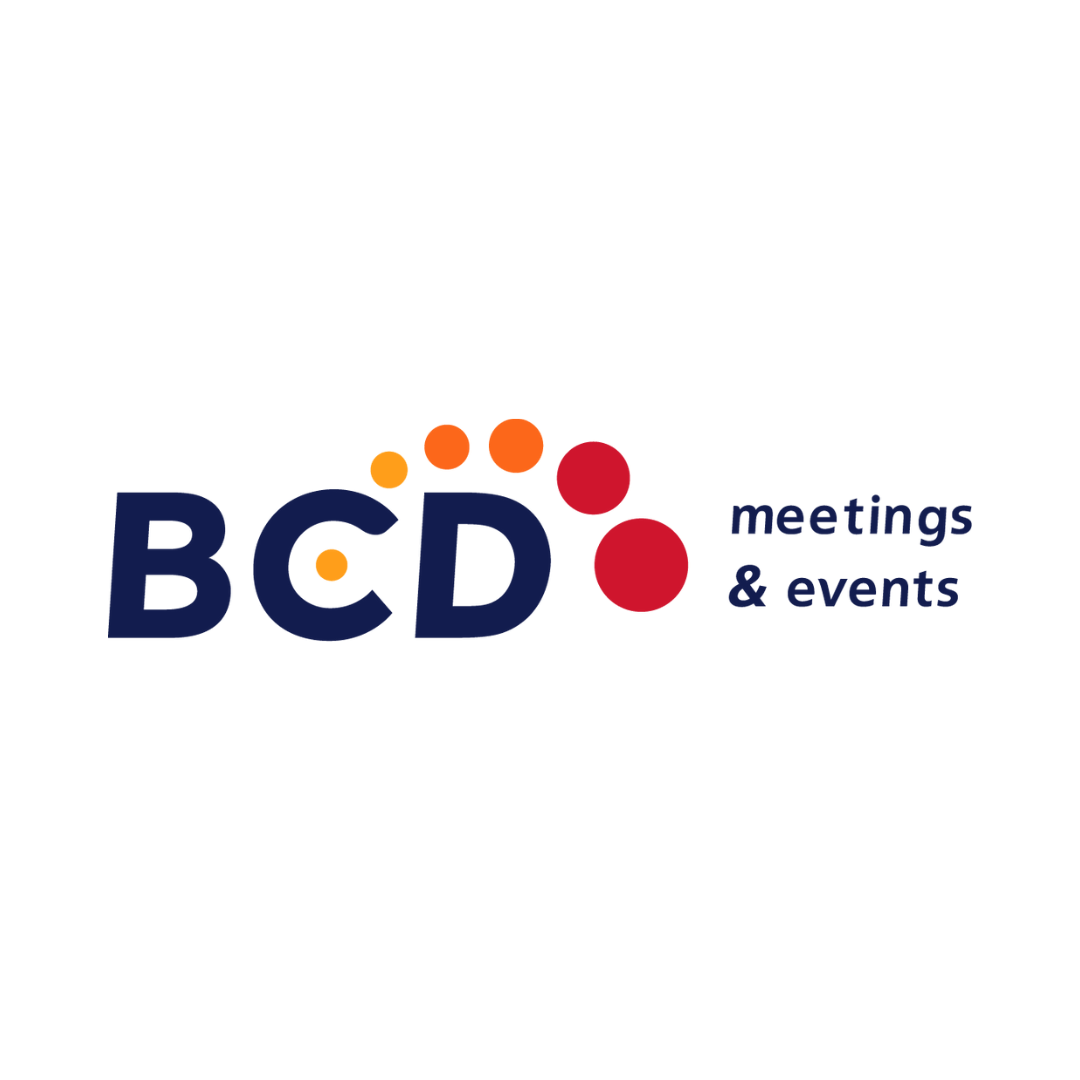Event content strategies will vary widely, so there’s no one-size-fits-all solution. However, there are three main points that you should always keep in mind as you’re planning. Continue reading for tips on developing an event content strategy, from start to finish!
3 tips for creating an event content strategy
Know your business goals and objectives
Everyone within a company, no matter his or her role, has a critical responsibility to understand these, because all actions are contingent upon them. Your company’s business goals and objectives are the cornerstone of everything you’ll develop within your event strategy. Events are a marketing engine for your brand; they ensure your audience is consistently thinking of you. As such, your events shouldn’t be far off from your company’s overall marketing strategy. Determine how to tap into that existing content strategy and continue to support it within the events you’re executing.
Read more on Why Content is Important in Event Marketing
Understand your audience
Who’s attending your event (and who’s not attending), and why? Before developing your content strategy, take a step back to review your audience personas and think about what kind of content is most relevant to them. Then, design your content strategy from their perspective.
Learn How to Create a Pre-Event Content Strategy
Work backward
Picture your end goal ahead of time. What does success look like to you? Think about the actions you can put in place that will get the results you want. Also, know that collecting every single data point doesn’t mean you’re necessarily collecting the right data points. Don’t overdo technology; instead, think backward to pinpoint exactly what data points will drive the user behavior you want, then use that information to streamline your technology selections.

If a sophisticated content strategy sounds overwhelming to you, you’re not alone. The biggest mistake event managers make is thinking they need every single piece of the puzzle in place before they begin. However, you don’t have to have a comprehensive solution thought out before you get started—you can, and should, figure things out along the way. You have to build the plane while you’re flying it, so to speak, and that’s OK—this is often the best way to find what’s working and what’s not working, and how to course correct. Simply getting started propels more ideas.
Originally published Jun 25, 2019 3:00:00 AM
Last updated on Jan 4, 2023 4:59:46 PM


